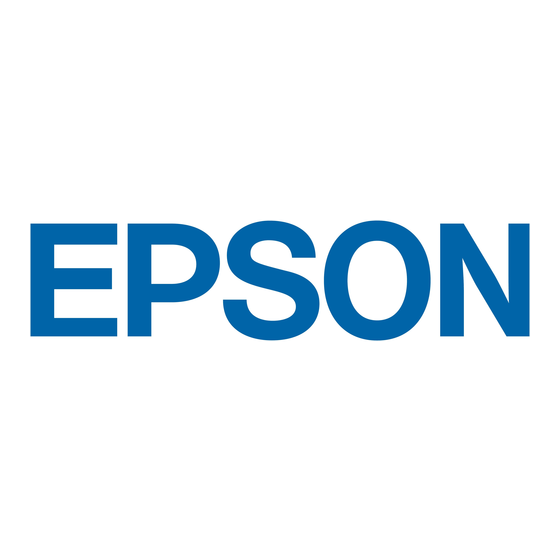Epson 1260 - Perfection Scanner Handbuch - Seite 2
Blättern Sie online oder laden Sie pdf Handbuch für Software Epson 1260 - Perfection Scanner herunter. Epson 1260 - Perfection Scanner 11 Seiten. Color image scanner
Auch für Epson 1260 - Perfection Scanner: Schnellstart-Handbuch (2 seiten), Broschüre & Specs (24 seiten), Produkt-Support-Bulletin (34 seiten), Produkt-Support-Bulletin (23 seiten), Produkt-Support-Bulletin (40 seiten), Wichtige Sicherheitshinweise (4 seiten), Produkt-Support-Bulletin (17 seiten), Produkt-Support-Bulletin (24 seiten), Produkt-Support-Bulletin (29 seiten), Produkt-Support-Bulletin (8 seiten), Produkt-Support-Bulletin (3 seiten), Produkt-Support-Bulletin (14 seiten), Produkt-Support-Bulletin (18 seiten), Produkt-Support-Bulletin (12 seiten), Produkt-Support-Bulletin (40 seiten), Produkt-Support-Bulletin (36 seiten), Produkt-Support-Bulletin (11 seiten), Produkt-Support-Bulletin (40 seiten), Produkt-Support-Bulletin (22 seiten), Produkt-Support-Bulletin (12 seiten), Produkt-Support-Bulletin (21 seiten), Einrichtung (2 seiten)

